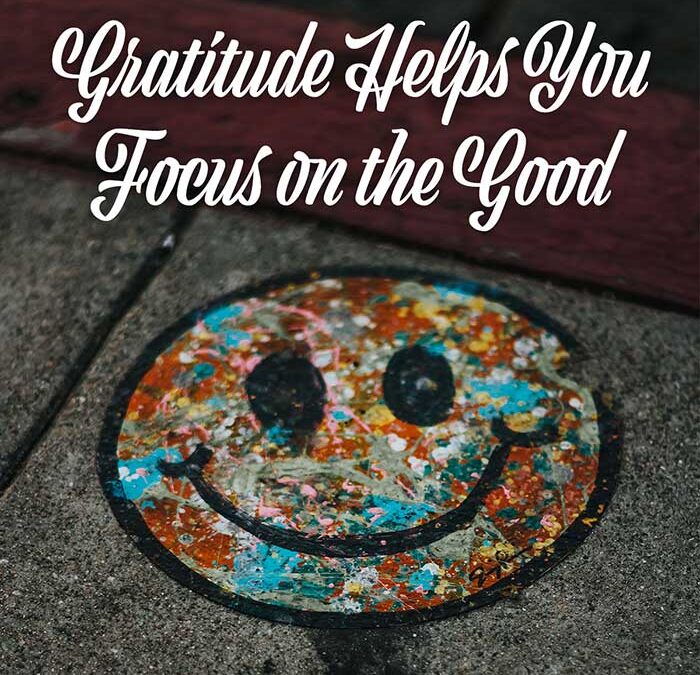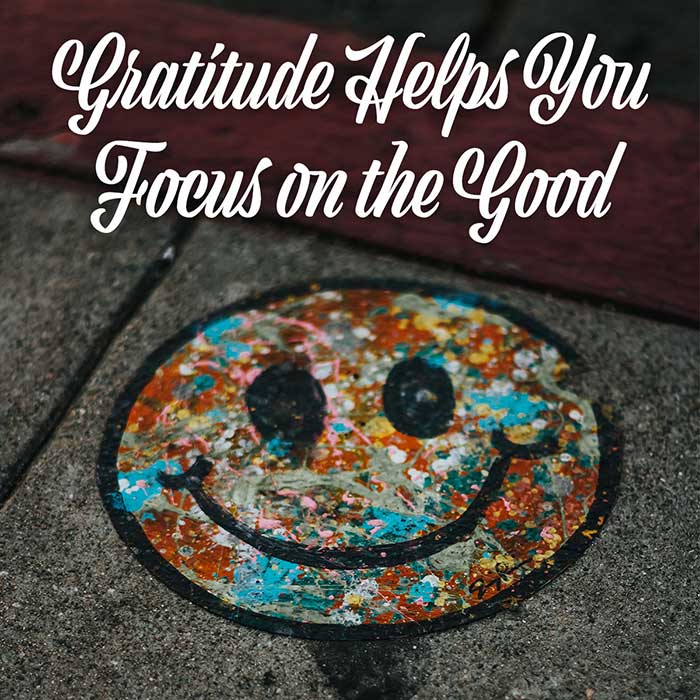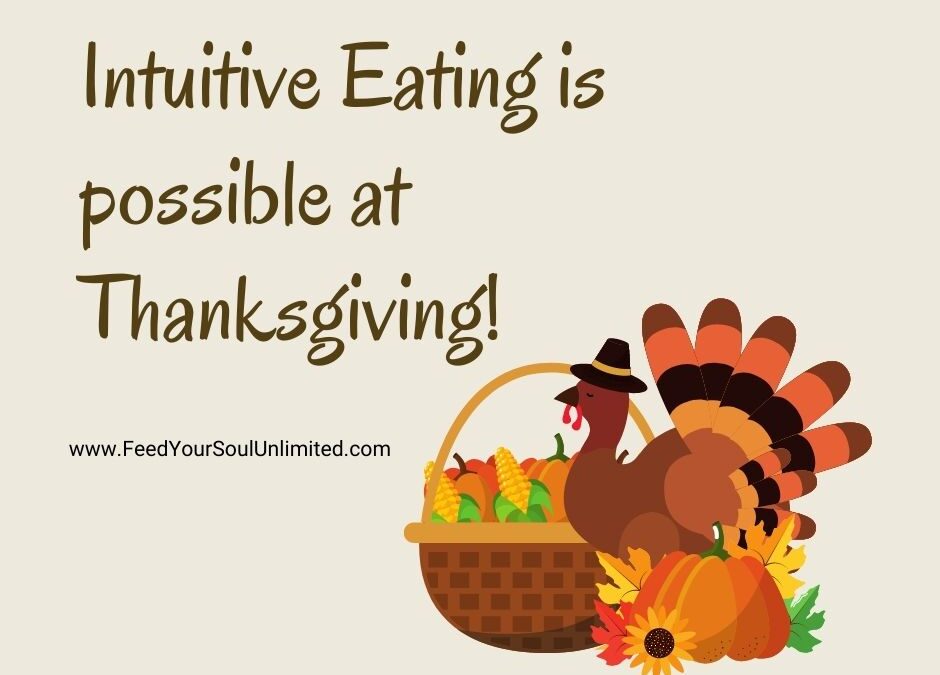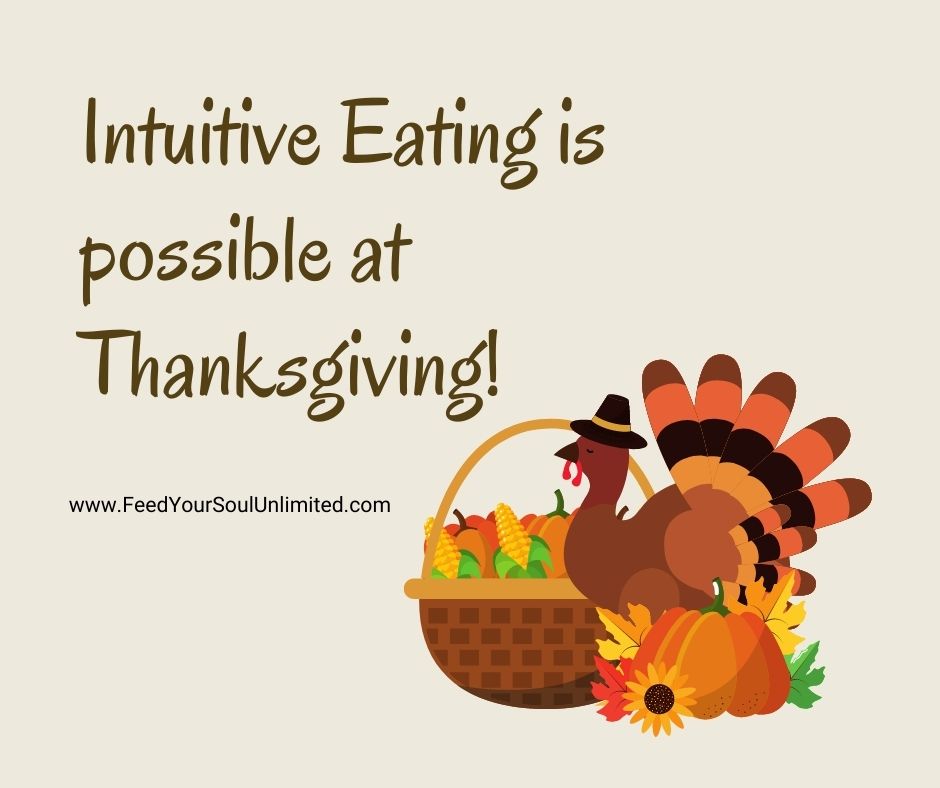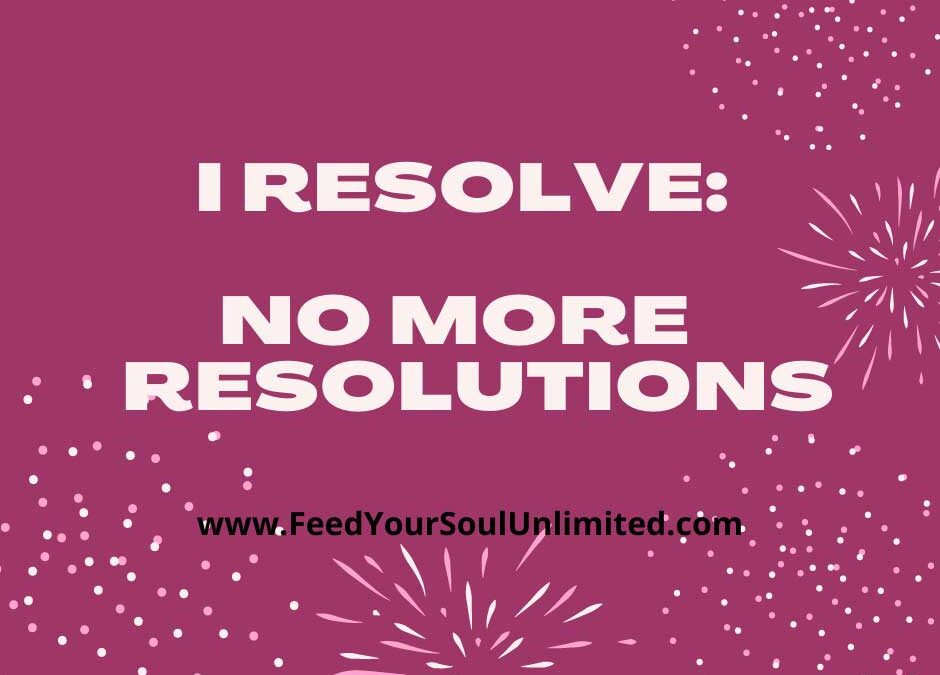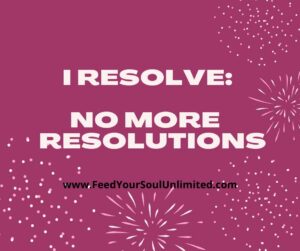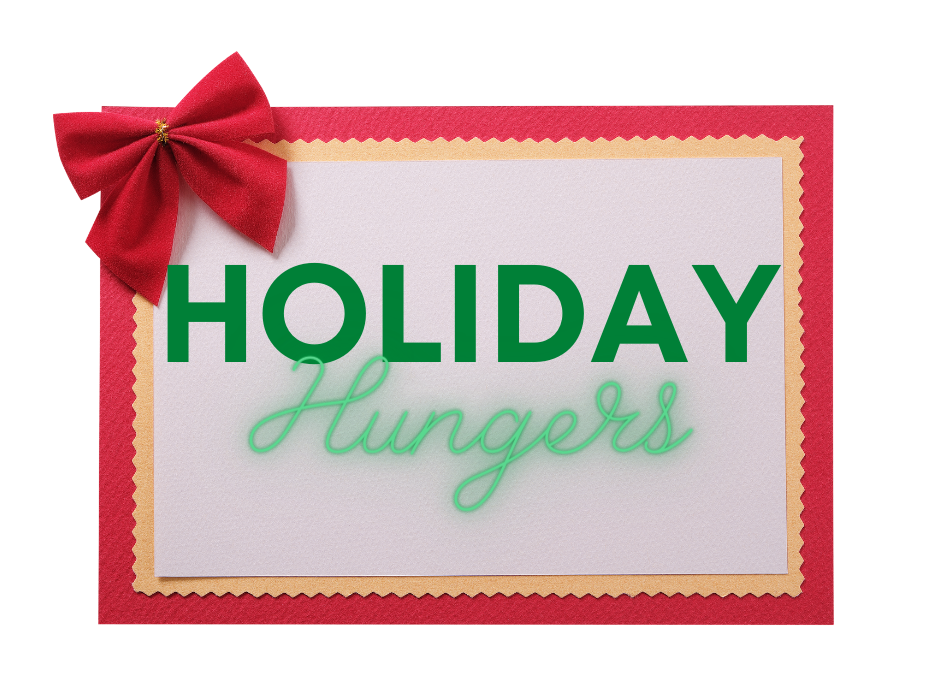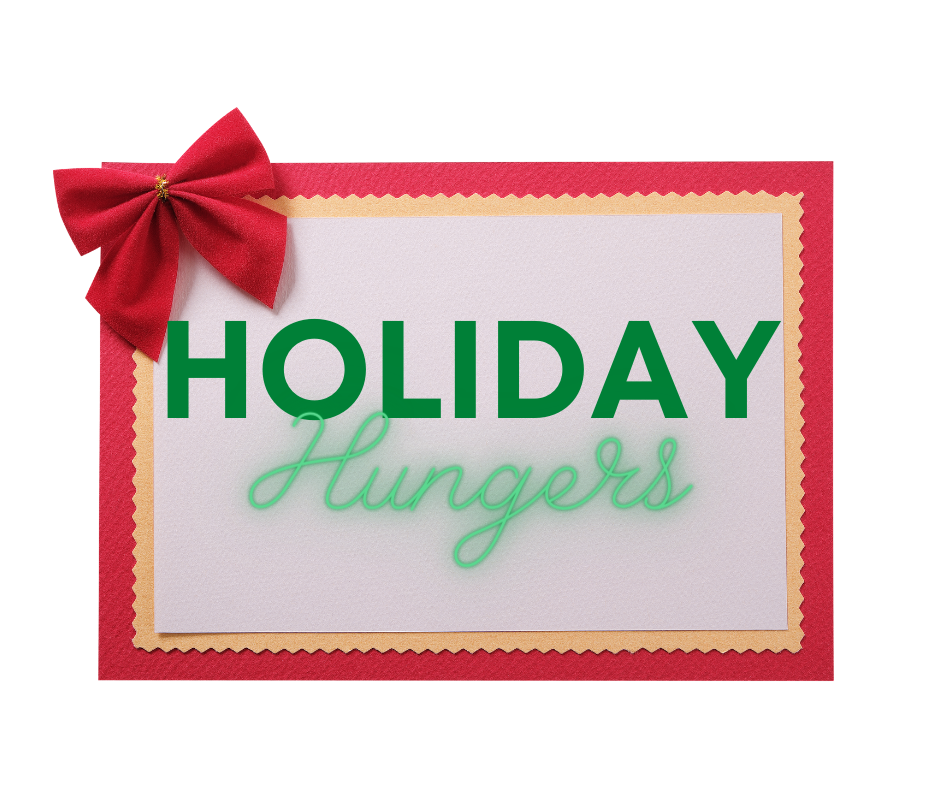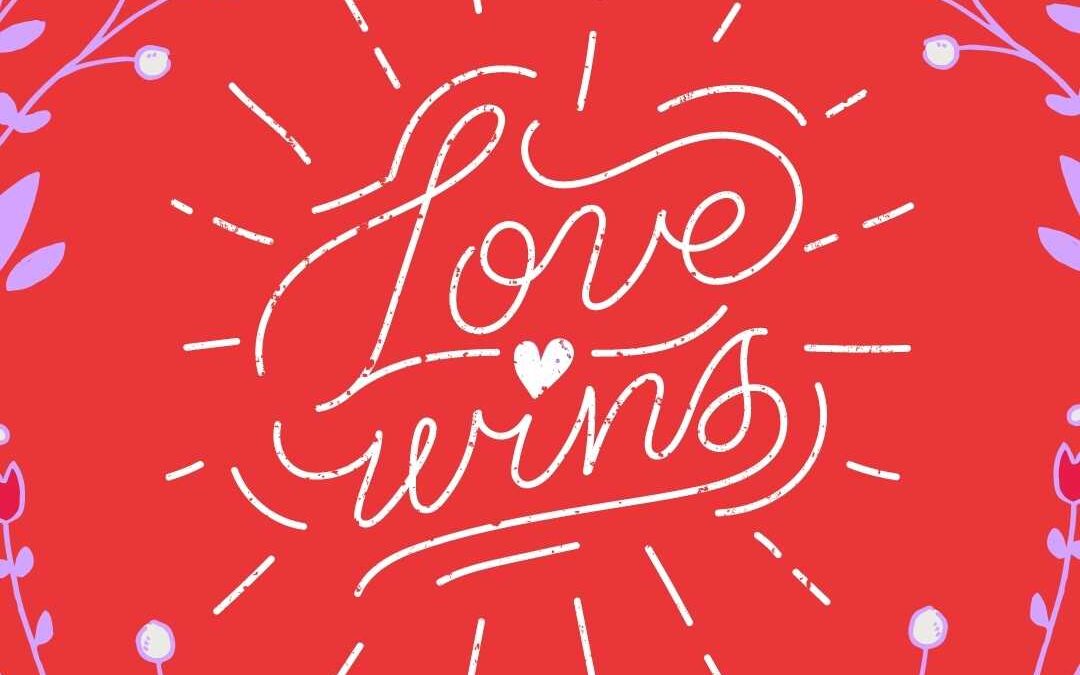
It is all about the Love
What is the most important love?
Self-love is the most important kind of love available. We often look at love of a partner, family and friends AND leave out the most important person= YOU.
I wrote a whole chapter about Self-Love in my book: Feed Your Soul; Nourish Your Body!
A Six Step System to Peace with Food. Self-Love is one important component in making peace with food. When you have food issues, partly we being to think so negatively about ourselves. Focusing time and effort on self-love helps with food issues.
Being loving is not always present in our society today. There is a lot of negativity all around. I noticed so much more with the rise of the internet and the rise of unfiltered comments.
Isn’t Self-Love selfish?
We are primed to not value being loving to ourselves, and it can be considered selfish. We often tend to overlook self-love for fear of being selfish. As I stated above, self-love is the most important kind of love.
Why is self-love so important?
There are different aspects to consider at when we look at Self-Love:
- Self-Esteem- which is how you feel about yourself. Your sense of value and good feelings about yourself.
- Self-Worth- which is how you see your value in the world. Do you think you have a right to exist? This is such a difficult concept, especially when we have food and weight issues.
- Body Image- how do you feel about your body? Do you think you are ugly, not worthy and thinking you take up took much space?
When we are in alignment with our self-esteem, self-worth, and positive body image- it is easier to love ourselves. When we have disordered eating or binge eating, we can feel horrible about ourselves AND our bodies. This feeling keeps us stuck in the negativity. Without self-love there is not a way out of this spiral downward. More than anything focus on increasing your self-love and your feeling about yourself and your eating will balance out.
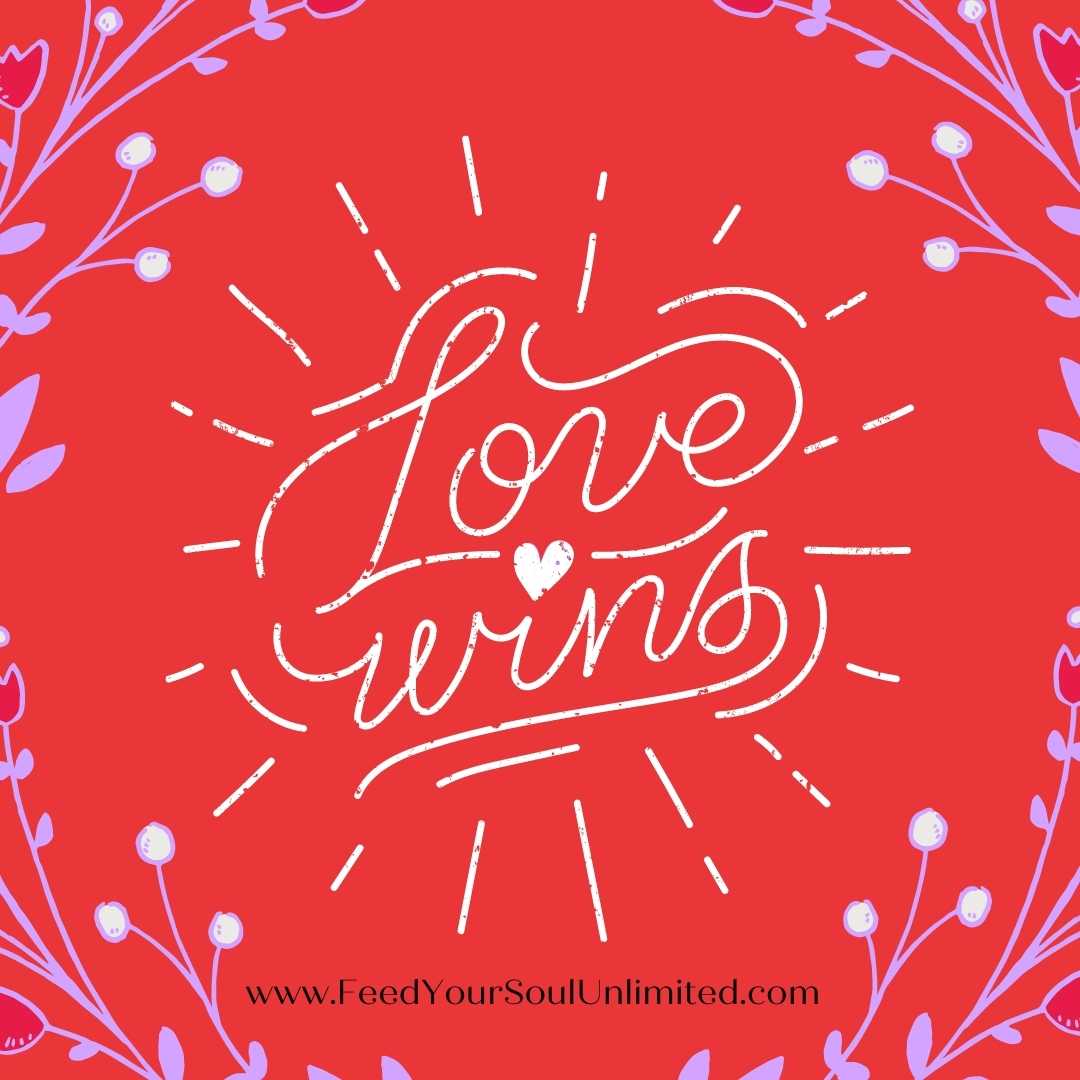
5 ways to engage in Self-Love:
- Start and end the day by saying something positive to yourself. This sets up your mind and spirit for the positive. You can do it more often during the day for a greater effect.
- Stop judgment of yourself and others. There is a lot of danger in comparing ourselves to others. If it is not uplifting and it brings you down. It does not matter what anyone else does if it is uplifting to you.
- Be at peace in your mind. How do you think about yourself? How much to you ruminate on what is going wrong and what is bad? Critical thoughts of yourself and others. Peace can come in so many ways- I like to journal those thoughts, I like conscious journaling (morning pages) which frees my mind daily from all the chaos.
- Say no to people, places, and things you need to say no to. Is there chaos around you? People who are not kind to you? Self-love means I invite people to be with me that are kind and loving to me. I can be more loving to myself when I surround myself with loving people. Remember before when we talked about the negativity on the internet and especially social media. Consider saying no to negative people who fill your feed with toxic statements. I have let go of many people on social media who just talk cruelly about others. I think it is ok to hear other opinions on social media, but not toxic statements.
- Notice the negative statements you make about yourself. Consider how you would talk to your child, niece, or nephew- a cherished child. Think of yourself as that cherished child. Tell that child side of yourself how great they are.
Kim McLaughlin, MA is a Counselor, Speaker, Podcaster, and Inspirational Coach who specializes in working with people who suffer from binge eating and emotional eating. She is a Certified Intuitive Eating Counselor. She is the author of the book Feed Your Soul Nourish Your Life! A Six Step System to Peace with Food and the Amazon #1 Best Selling book Discovery Your Inspiration.
You can hear Kim talk more on this topic on her podcast Feed Your Soul with Kim and you can find it on all podcast platforms.
Wondering if you are an emotional eater? Sign up for the free Am I an Emotional Eater Quiz.

